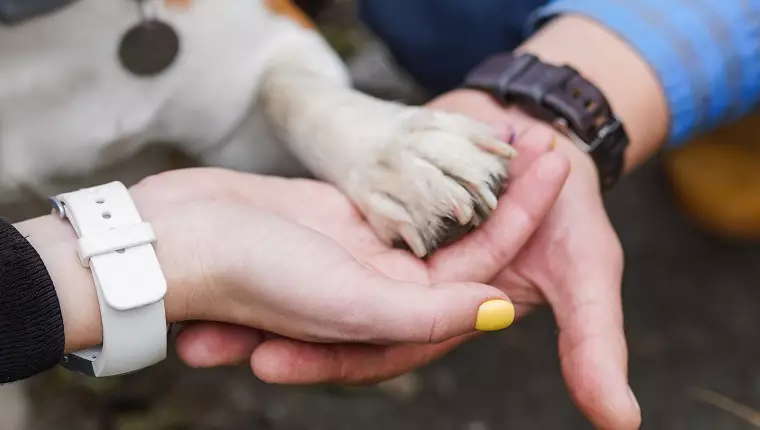In an eye-opening story from Phoenix, Arizona, a Beagle named Wolfgang is revolutionizing the conversation around pet obesity and its impact on overall health. Rescued by Erin McManis and her husband, Wolfgang entered their lives as a 90-pound bundle of joy—an alarming weight for a breed that should ideally tip the scales around 20-30 pounds. This drastic excess weight categorizes Wolfgang as morbidly obese, a situation that comes with numerous health complications and an alarming reduction in life expectancy. The American Veterinary Medical Association highlights that excessive weight in pets can shorten their lives by more than two years, making Wolfgang’s rescue not just a kind act but a pivotal intervention for his health.
McManis and her husband initially took Wolfgang in as foster parents, but they soon realized their commitment required a deeper investment, transitioning from temporary guardians to his permanent family. The couple’s dedication to Wolfgang’s well-being sparked a transformative journey, aiming to reshuffle his lifestyle through adjustments in diet and exercise. McManis emphasizes during her interview with FOX10 that there’s no one-size-fits-all approach to canine weight management. Each dog requires customized strategies that consider their unique physical capability and behavioral tendencies.
The initial phase involved a strong focus on diet modifications rather than immediate intensive exercise. McManis points out a key understanding that dogs, especially when they are significantly overweight, lack the stamina to engage in strenuous activities, such as running. For Wolfgang, a balanced and controlled diet was the cornerstone of their weight loss strategy, allowing him to gradually shed the excess pounds in a manageable and healthy way.
After committing to this new regime, Wolfgang’s progress has been nothing short of remarkable. The once hefty Beagle, now benefiting from a supportive family environment and a focused lifestyle change, has miraculously dropped down to a healthier 32 pounds. The physical transformation is astonishing and reflects not just a change in weight but a significant improvement in his overall quality of life. Such success stories serve as vital reminders of the critical role that loving pet owners play in their animals’ health journeys.
In an effort to raise awareness around the issue of pet obesity, McManis decided to share Wolfgang’s transformation process online, particularly highlighting Pet Obesity Awareness Day on October 13th. The social media campaign became a platform where she could advocate for animal health and call attention to a problem many pet owners may overlook—the sometimes sneaky path to pet obesity. With each posted update, McManis encourages fellow pet owners to take stock of their companions’ weight and general well-being, highlighting that obesity can stem from neglect, even if it is unintentional.
McManis strongly believes that letting a pet reach an unhealthy weight level is a form of neglect. Through her posts, she clarifies that her broader aim isn’t just to spotlight Wolfgang’s journey, but to initiate a conversation about responsible pet ownership. In her view, even dogs who are slightly overweight are deserving of attention, given that shedding a few pounds can lead to significant benefits for their joints and overall vitality.
As pet owners shuffle through the nuances of food choice and recommended exercise, McManis encourages a proactive approach to managing pet health. By dispelling the myth that overweight pets “look happy” or “seem content,” she drives home the reality that long-term health should always take precedence.
Wolfgang’s incredible journey captivates not just animal lovers but serves as a vital lesson in pet care. With adequate support and tailored strategies, it’s possible for many pets to achieve healthier lifestyles. The story of Wolfgang is more than a narrative of weight loss; it’s a call to action for pet owners everywhere to prioritize the health and well-being of their furry friends. By fostering environments of love and responsibility, our pets can achieve not just longer lives, but happier and healthier ones.

